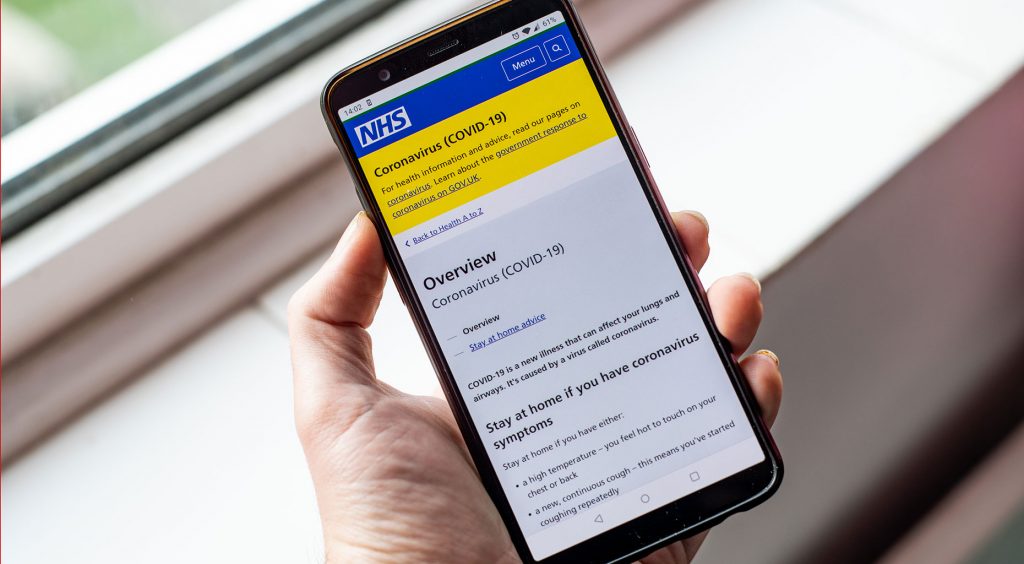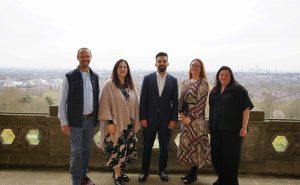Re-designed NHS contact-tracing app beings new trail
The re-designed NHS contact-tracing app, which begins trials in the Isle of Wight, will correctly identify seven out of 10 people who spend more than 15 minutes within 2 metres of another app user who has tested positive for coronavirus and warn them to self-isolate.
The new app has been designed in collaboration with Google, Apple and other tech companies so that it works with 99% of phones. It no longer has the major failing of the original which did not work with iPhones.
But it will struggle to compute the precise 2-metre boundary that is considered to be a safe distance from someone with the virus. Many people will be told they should self-isolate even though they spent 15 minutes just slightly further away – for instance 2.1 metres.
The designers of the app are understood to believe, from some 100,000 simulations, that this margin of error is acceptable, on the basis that people who were that close may still be at risk.
The trial which started on the Isle of Wight on Thursday will next week be extended to the London borough of Newham, to test its performance in one of the most diverse populations in the country. It will also be offered to NHS volunteer responders across England.
“It’s really important that we make it as easy as possible for everyone to engage with NHS test and trace. By launching an app that supports our integrated, localised approach to NHS test and trace, anyone with a smartphone will be able to find out if they are at risk of having caught the virus, quickly and easily order a test, and access the right guidance and advice,” said Dido Harding, executive chair of the NHS test and trace programme.
Simon Thompson, managing director of the app, said it was vital to controlling the spread of coronavirus and designed to give people maximum freedom at minimum risk.
“We have worked with some of the most innovative organisations in the world, such as Apple, Google, scientists from the Alan Turing Institute and Oxford University and governments across the world to come up with a state-of-the-art product which works to protect people everyday. It’s like NHS test and trace in your pocket,” he said.
“By giving access to the Isle of Wight, Newham and NHS volunteers first we can make this app even better before rolling out nationwide so the rest of the nation can benefit.”
The app will track the virus, not people, the government insists, anxious to avoid issues over data privacy. User data will not be centralised, as was the earlier plan, but will stay in the phone and can be deleted at any time. People using the app will get a warning to self-isolate if they have been near another app user with coronavirus, but they will not be contacted or monitored for their compliance.
If the contact is somebody in their family or at work, however, it is likely they will separately get a call or a visit from the contact tracing teams.









